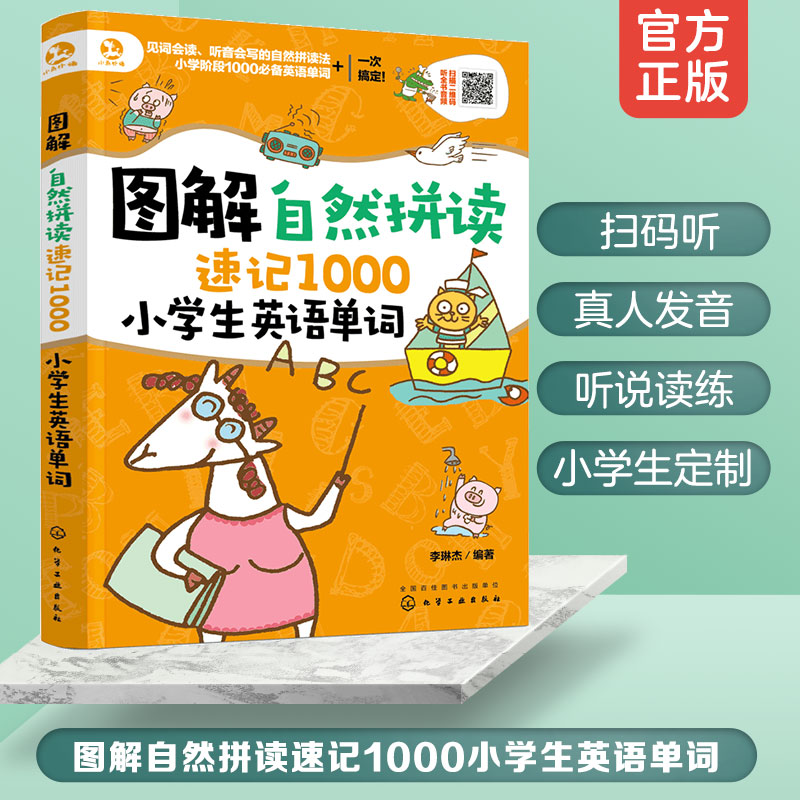1.一月
January is often referred to as the beginning of the year. It’s a month full of new beginnings, fresh starts, and the arrival of winter. The first day of January, known as New Year’s Day, is celebrated around the world with fireworks shows and gatherings with family and friends. In English language learning, this is a good time to start focusing on basic vocabulary related to the new year, such as "new" and "beginning". Other important words for this month include "winter", "holiday", and "festivals".

January also marks the end of the old year and the start of the next one. Therefore, it's a good time to learn words that express change or transition, like "end" or "start." Additionally, there are many holidays associated with January; for example, Christmas in December, which brings us to the second point.
2.十二月
December is traditionally known for its holiday season, including Christmas Day, Boxing Day (the day after Christmas), and Hanukkah (a Jewish celebration of lights). These holidays bring about an abundance of vocabulary related to gifts, parties, and celebrations. Words like "gift", "party", "celebrate", and "holiday" become more common during December.
In addition, many cultures celebrate different kinds of festivals throughout December and early January. For instance, in China, people celebrate the Lunar New Year, while in Japan, they celebrate Kwanzaa. These celebrations add another layer of vocabulary to the mix.
3.其他月份单词概览
Beyond January and December, there are many other months worth exploring in the English language. Here are some examples:
- March is usually associated with spring and warmer weather. It’s a good time to learn words like "flower", "sunny", and "warmth". - April is often seen as the beginning of spring, with flowers blooming and birds chirping. Words like "brighten", "springtime", and "butterfly" are perfect for April. - June is often linked with summer, barbecues, and trips to the beach. Words like "barbecue", "beach", and "sunscreen" are perfect for June. - August is a month filled with festivals, including Labor Day. This is also a great time to learn words like "labor", "work", and "observe". - September is often seen as the end of the school year or the end of the summer break. It’s a good time to study words like "end", "graduation", and "back-to-school". - November and December, especially with the holidays and winter weather, are excellent times to focus on vocabulary related to holidays, weather, and traditions. Words like "Christmas", "holiday", "winter", and "festive" are perfect for these months.4.总结

As we wrap up our exploration of the English language from January through December, it's clear that each month offers its own set of unique vocabulary challenges. From the excitement of new beginnings in January to the joyous atmosphere of holiday celebrations in December, the English language provides endless opportunities for discovery and growth. Whether you're starting a new year or celebrating a favorite holiday, remember to take advantage of the rich vocabulary resources available in your native tongue. Happy learning!
推荐阅读》未经允许不得转载:» 1月12月的英语单词(1-December words)

 家长点评网
家长点评网











